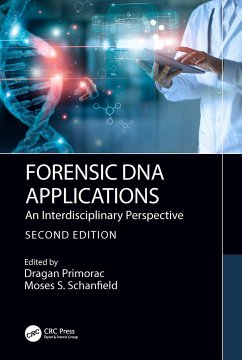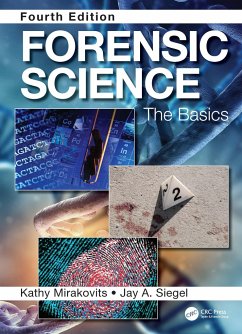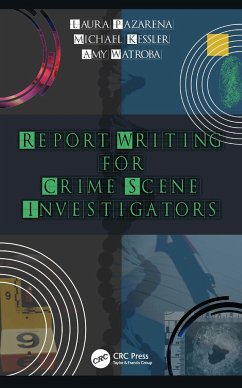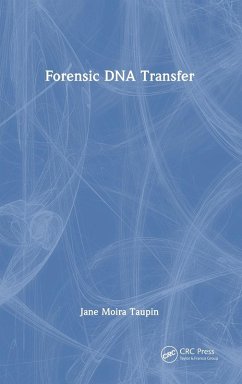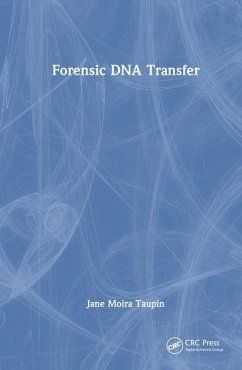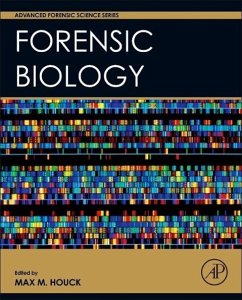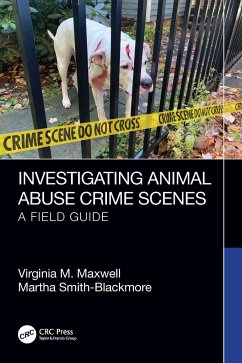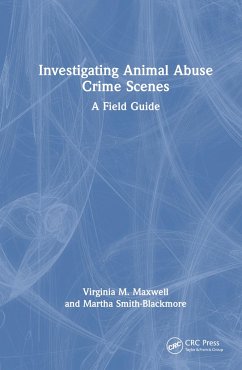Nicht lieferbar
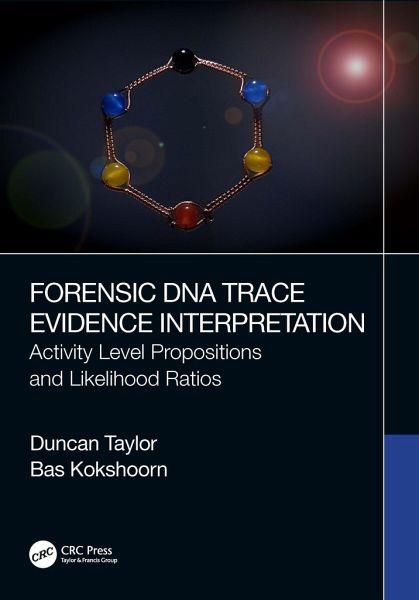
Duncan Taylor (Forensic Science South Australia (FSSA) Australia )Bas Kokshoorn (Netherlands Netherlands Forensic Institute)
Broschiertes Buch
Forensic DNA Trace Evidence Interpretation
Activity Level Propositions and Likelihood Ratios




Provides all concepts and foundational information required to understand the practice of evaluating forensic biology evidence given activity level propositions and to implement the practice into active casework within a forensic institution.
Duncan Taylor is the Chief Scientist of Forensic Statistics at Forensic Science South Australia (FSSA), Adelaide, Australia. He has studied and worked in the forensic field for over 20 years, supervising criminal casework in hundreds of cases for both prosecution and defence, and testifying in Courts around Australia. He holds PhDs in molecular biology and statistics, both obtained from Flinders University. Dr Taylor is one of the developers of STRmix(TM), a probabilistic DNA interpretation software being used in forensic DNA laboratories around the world and a developer of the neural network component of FaSTR(TM), a DNA profile reading software. He is an Associate Professor of biology and Distinguished Alumni at Flinders University, supervising honours, masters and PhD students in biology and statistics projects. Duncan collaborates with colleagues around the world and has over 120 peer-reviewed publications, and a book on DNA evidence interpretation. In 2017 Duncan was awarded the SA Science Excellence STEM professional award and in 2018 was part of the group that won the New Zealand Prime Minister's Science Award. In 2021 Duncan was awarded the Public Service Medal for contributions to forensic statistics. Bas Kokshoorn is a principal scientist at the Netherlands Forensic Institute (NFI) in The Hague (The International City of Peace and Justice). Bas started his career at the NFI in 2008 and since then has submitted over 1,000 reports on forensic biology examinations and interpretations to the Dutch criminal justice system, as well as to international tribunals, and other jurisdictions in continental Europe, the UK, and Australia. Bas holds a PhD in evolutionary biology from Leiden University and is currently appointed professor in 'Forensic Trace Dynamics' at the Amsterdam University of Applied Sciences (AUAS). In this role he supervises bachelor, masters and PhD students working on research projects aimed at understanding the dynamics of transfer, persistence, prevalence, and recovery of biological and other types of trace evidence and the interpretation of such findings in criminal cases.
Produktdetails
- Verlag: Taylor & Francis Ltd
- Seitenzahl: 566
- Erscheinungstermin: 30. Mai 2023
- Englisch
- Abmessung: 253mm x 177mm x 33mm
- Gewicht: 1338g
- ISBN-13: 9781032225814
- ISBN-10: 1032225815
- Artikelnr.: 65612176
Herstellerkennzeichnung
Libri GmbH
Europaallee 1
36244 Bad Hersfeld
gpsr@libri.de
Für dieses Produkt wurde noch keine Bewertung abgegeben. Wir würden uns sehr freuen, wenn du die erste Bewertung schreibst!
Eine Bewertung schreiben
Eine Bewertung schreiben
Andere Kunden interessierten sich für




